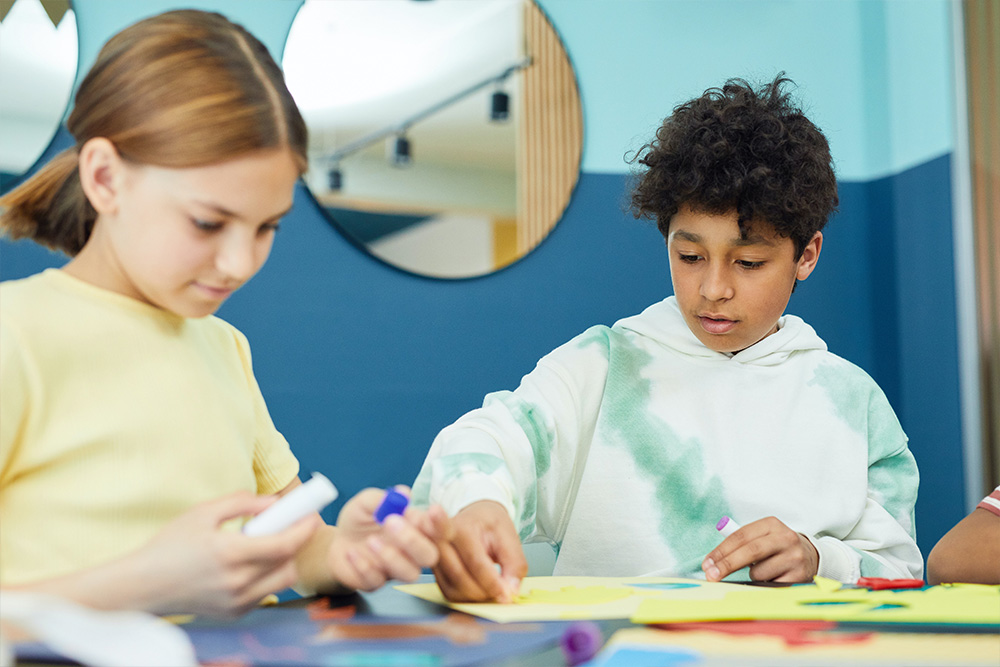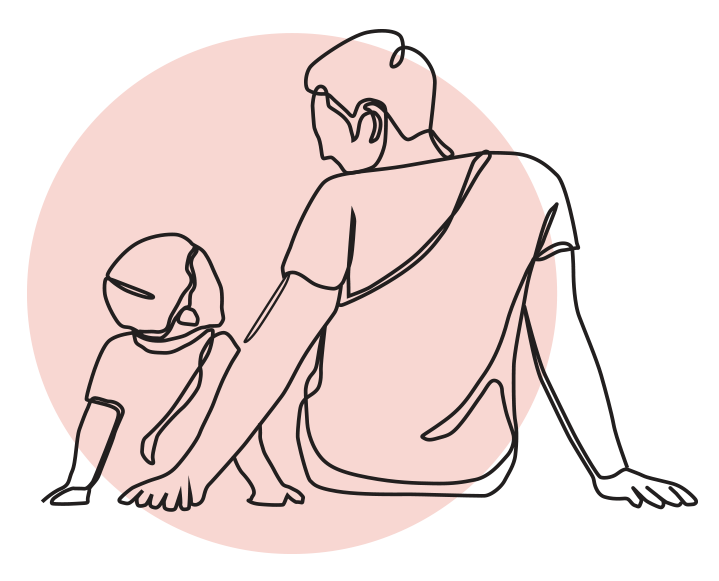Parents are often anxious about the way in which the physical and hormonal changes of adolescence will affect their child as they head into their teens. Factor Autism Spectrum Condition (ASC) into the equation, and the picture can become more complex. How might normal acts of teenage rebellion look for a child who struggles with behavioural control? Navigating complex social dynamics at this age is always fraught with intensity, but will it be more of a challenge for a neurodiverse child? How might your child explore their emerging sexual identity if they need more adult support and therefore have less freedom than their peers?
Challenges Faced by Autistic Teenagers

Whatever your child’s unique way of being in the world, they are still going to have a developmentally appropriate urge to seek independence around adolescence, which might cause friction or feel very anxiety-provoking for parents/carers. If you are a parent of an autistic child, you will be used to being a much more ‘hands-on’ parent for longer than parents of neurotypical children. Despite great advances in society’s thinking around neurodiversity, the world has still been set up for the neurotypical majority, so it can be a hard place to grow up in.
Secondary School challenges
As children move out of primary school some parents feel that their autism is ‘getting worse’ in the teenage years. Of course, it’s not the autism getting worse, it’s the normal challenges of adolescents being thrown into the mix. If your child is staying in a mainstream school, then the leap to Secondary school is huge. The amount of scaffolding from teachers suddenly drops off, whereas most Autistic YPs need adult support of some degree throughout their schooling. In addition, there’s the intense sensory environments (loud, busy, confusing) that could be dysregulating for a child with sensory sensitivities.
If you think carefully about your child, there are also likely to be improvements in many areas auch as daily living skills like getting dressed or making a sandwich. Your teenager is also likely to feel less hyperactive and have a reduction in repetitive behaviours. Adolescence is an exciting time in terms of personality development and a chance for special interests to develop into lifelong passions. It is important to remember that your adolescent’s desire for freedom is a natural developmental stage and it’s important that they take some risks and make mistakes like any other teenager.
Finding your ‘Tribe’

There is a stereotype that autistic individuals are loners and actually prefer to be alone. Whilst your teenage may need time alone to decompress, like any other teenager, they want and need friends. Difficulties with social and communication skills in a neurotypical world can leave autistic children particularly vulnerable to bullying. If your child has not yet found a friendship group, it may be that they are yet to find ‘their tribe.’ It isn’t unusual for autistic children to take a little longer to find like-minded people and to build connections with peers. But loyalty and honesty are always valued in the end.
Children who aren’t able to connect directly with other children need to be in an environment where they feel safe and accepted. They need to have people around that are kind to them and a chance to share their interests with others. Feeling accepted is crucial to self-esteem whoever you are and it’s very hard being alone in any school environment. This is probably the most common challenge for autistic children and young people and one that we need to prioritise for our children regardless of their unique challenges.
The Neurodiversity Movement
For some autistic young people, it may be affirming and enabling to connect with the growing neurodiversity movement, a social justice and civil rights movement led by and for people with neurocognitive, developmental, and psychological disabilities. The concept of neurodiversity is not a medical one. It initially arose among autistic communities in the late 1990s but has since been adopted by many activists with other diagnoses, including ADHD and dyslexia. Neurodiversity proponents tend to promote moving towards a non-pathologizing perspective regarding neurocognitive disability that begins with the acknowledgement of neurocognitive diversity as natural, valuable, and in need of support. Normalisation and pride are at the heart of the movement and could be a way for your child to find a sense of belonging.
Therapy for Neurodivergent Teenagers

If you are looking for therapy for your neurodivergent child, it’s important to find a therapist whose practice is accessible and affirming. In short, your child should expect neurodivergent informed therapy. Critical thinking in the field of neurodiversity is rapidly changing and expanding both from the social justice movement and scientific research being undertaken. Reasonable adjustments should be made in the environment and around communication.
In terms of the environment, your therapist should ask about sensory needs, be flexible about lighting, and ways of being in the room to help your child feel comfortable. Make sure you get plenty of information about the waiting room, the space in the room whether these are likely to cause your child anxiety or discomfort. If sensory needs are not met, it can make engaging in counselling very difficult. Online counselling might suit some young people better, where they can control their environment although there are obvious benefits from the in-person connection too.
Communication styles vary amongst therapists and clients but research based on autistic views have highlighted the need for direct language, validating language and the need to avoid figurative language or confusing explanations. With the right environment and an empathic understanding of communication variations, the urge to mask in counselling will be reduced which is so important for a genuine therapeutic process.
If you are a parent or carer needing advice to help your autistic, our online therapists are here to help with the support and tools you need. Book an Online Parent Consultation or get in touch with Chloe for more information.
Recommended Resources for Autistic Teens
Know Yourself Online
The National Autistic Society’s ‘Know Yourself’ series offers free resources to support autistic teenagers in understanding what being autistic means to them.
Autism, Identity & Me
‘Autism, Identity and Me’ by Rebecca Duffus. A practical workbook to empower autistic children and young people aged 10+.
The Awesome Autistic Go-To Guide
‘The Awesome Autistic Go-To Guide: A Practical Handbook for Autistic Teens and Tweens’ by Jeanette Purkis. Exploring what it feels like to be a young person on the autism spectrum and all the brilliant things people on the autism spectrum can do.




